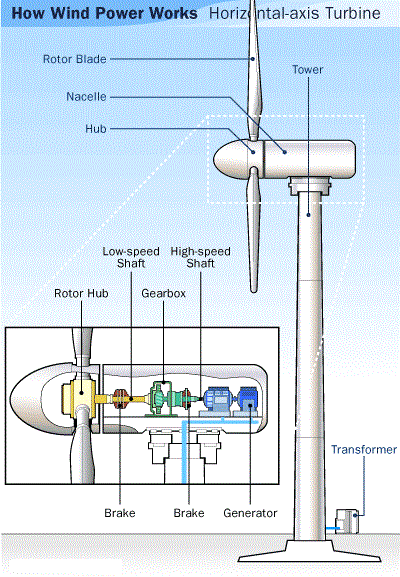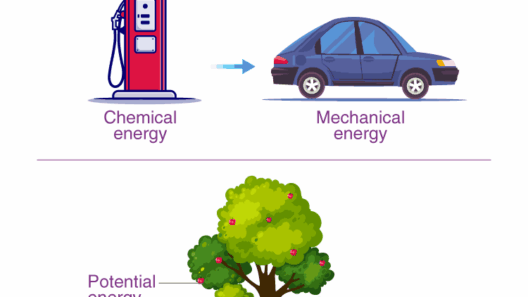In an era where environmental concerns are more pressing than ever, the urgency to conserve energy cannot be overstated. Every household has the opportunity to contribute significantly to this cause. By adopting practical measures to minimize energy consumption, individuals can not only reduce their carbon footprint but also save on utility bills. Here, we delve into various strategies that can be seamlessly incorporated into daily life.
Understanding the multifaceted nature of energy conservation is crucial. Energy inefficiency can occur in various forms, from overuse of electrical appliances to reliance on non-renewable resources. Each small effort accumulates substantial benefits, emphasizing that every action counts.
Effective strategies often involve a blend of awareness, technological adaptation, and behavioral adjustments. Let us explore some innovative avenues through which energy conservation can be optimized.
Embrace Energy-Efficient Appliances
The advent of energy-efficient appliances marks a significant advancement in our quest for sustainability. When contemplating new purchases, opt for appliances labeled with energy certification ratings such as ENERGY STAR®. These devices are designed to consume less electricity and often perform at par with, if not better than, their conventional counterparts. Refrigerators, washing machines, and air conditioning units are prime examples where innovations have made a profound impact on energy consumption.
Moreover, regular maintenance of these appliances ensures optimal performance. A blocked condenser coil on a refrigerator, for instance, can lead to increased energy use, which is both wasteful and unnecessary. Cleaning and servicing equipment can extend their lifespan while concurrently bolstering energy efficiency.
Furthermore, integrating smart technology into the home can yield even greater dividends. Smart thermostats, for instance, program heating and cooling systems based on occupancy patterns, ensuring energy is not squandered in unoccupied spaces. Such devices instigate a proactive approach toward energy management, allowing homeowners to take command of their consumption habits.
Implement Sustainable Habits
Innovative technologies aside, the greatest impact on energy conservation often lies in the modification of our daily habits. Simple actions can lead to significant energy savings. For example, turning off lights when exiting a room and employing natural light during the day can dramatically reduce electricity usage. Emphasizing the importance of the ‘off’ switch is an often-overlooked yet vital step in minimizing waste.
Additionally, gradually adjusting thermostat settings can yield significant benefits. Lowering the heat during winter months or using fans during the summer can create a more sustainable living environment. Each degree adjusted can reduce energy consumption by up to 3%, leading to considerable savings over time.
Unplugging electronic devices when not in use is another critical habit to adopt. Many appliances continue to draw power even when turned off—commonly referred to as phantom loads. Therefore, utilizing power strips can facilitate the complete shutdown of entire sets of devices with a singular action, effectively curtailing unnecessary energy expenditure.
Opt for Alternative Transportation
The notorious impact of fossil fuel consumption on energy use and environmental health cannot be ignored. Transitioning from reliance on personal vehicles to more sustainable forms of transportation presents an opportunity to significantly diminish energy consumption. Walking, cycling, carpooling, or utilizing public transport are viable alternatives that not only conserve energy but also foster a healthier lifestyle.
Investing in a fuel-efficient or electric vehicle can also dramatically reduce one’s carbon footprint. Electric cars have seen exponential growth in popularity and are becoming increasingly accessible. By making the transition to electric mobility, individuals can contribute to a decrease in reliance on fossil fuels and promote cleaner technology.
Moreover, reevaluating travel patterns and incorporating telecommuting options when feasible can contribute to energy conservation. Working from home reduces the need for commuting, thereby lowering overall household energy demands. This paradigm shift can prove advantageous not just environmentally, but also economically, as it mitigates transportation costs.
Enhance Home Insulation
Effective thermal insulation is an often-overlooked component of energy conservation that can have a profound impact. A well-insulated home can retain heat during winter months and keep cool air inside during the summer. This reduces the dependency on heating and cooling systems, which are typically some of the largest energy consumers in a household.
Investing in insulation for walls, roofs, and floors can yield substantial long-term savings. Adding weather stripping around doors and windows can prevent drafts that might otherwise compromise energy efficiency. Engaging in such simple improvements can bolster a home’s thermal integrity, leading to diminished energy demands and a more comfortable living environment.
Moreover, utilizing energy-efficient window treatments such as shades or films can further augment energy preservation. These barriers can deflect unintended heat gain in summer and loss in winter, contributing to a balanced indoor climate.
Engage in Community-Based Initiatives
Beyond individual efforts, engaging in community-based initiatives can amplify the impact of energy conservation efforts. Local programs often provide resources, educational workshops, and incentives for households to adopt eco-friendly practices. Participating in such initiatives fosters a sense of community while collectively working towards sustainability goals.
Joining or forming local environmental groups can also lead to collaborative efforts to promote energy efficiency at larger scales. Advocating for renewable energy sources and supporting local legislation that encourages sustainable practices can create a ripple effect that extends well beyond individual households.
In summation, conserving energy is an essential responsibility that extends to every facet of daily life. Through the conscious adoption of energy-efficient appliances, sustainable habits, alternative modes of transportation, enhanced insulation, and community involvement, individuals can champion the cause of environmental stewardship. Each small change contributes to a larger movement aimed at fostering a sustainable future, ensuring that the planet remains viable for generations to come.








